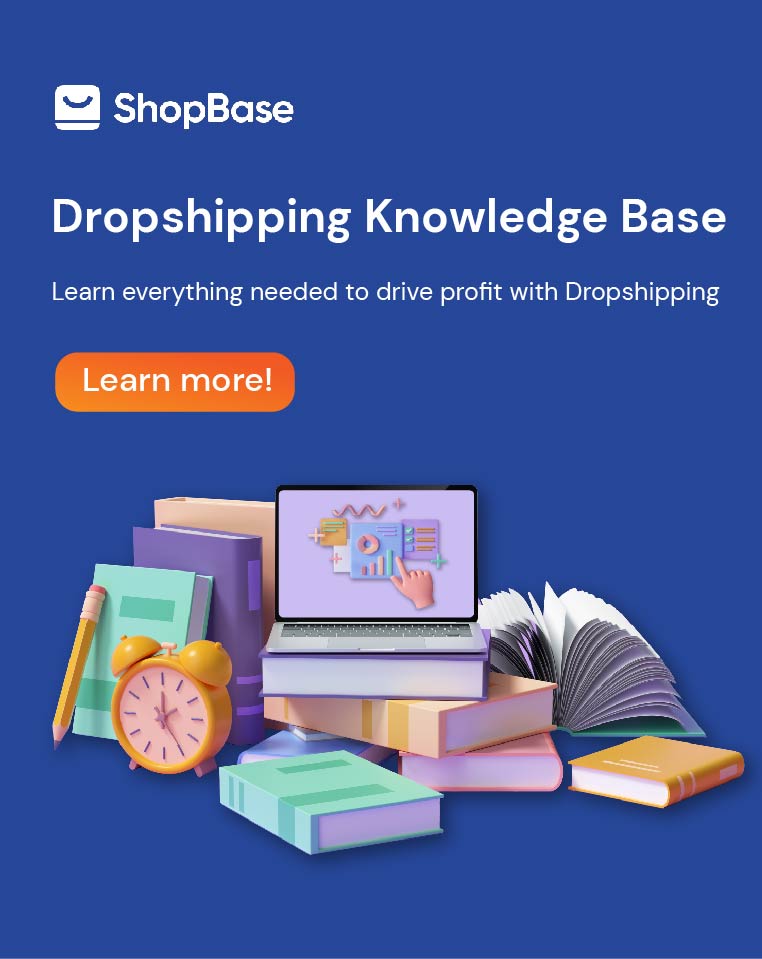When it comes to eCommerce, there are a lot of ways for you to increase your site traffic. Paid ads, social media, email, SMS marketing or search engines.
Among all available options, it is safe to say making use of search engines is the most reliable and easy-to-use. Every business can opt for SEO, and not to mention that it is totally free. With that taken into account, utilizing SEO is an essential skill that every business owner needs to achieve. And it will not take long. Here we are going to introduce a few tips in order to develop a SEO friendly strategy.
DEVELOPING A SEO FRIENDLY STRATEGY
Menu:
1. Creating a workflow
There are several factors that play an important role in SEO. Picking strategic keywords, naming product images, adding image alternate attributes and metadata, including related keywords, etc. all contribute to this.
2. Knowing which pages to prioritize
You should gain insights on your website. Knowing which pages on your site get the most traffic and start working on them first. It could either be your homepage, about page, FAQ or a specific product page. With that taken into account, you could opt for optimizing a specific product page that you want to drive traffic to.
3. Checking on your competitors
After all, it is important to know your own place in the business competition. You should also check out your competitors’ websites to see how they work on their SEO, then based on theirs to work on yours.
4. Analyzing insights
Generally, it is knowing keyword search volume (the frequency of a word or phrase in search engines), keyword cost-per-click, also known as CPC (its competitiveness in advertising), and the intention of people looking up that keyword on search engines. The higher search volume a keyword is, the more popular it is, which is proportional to the number of active searches for it. Meanwhile, a high CPC means a tough competition. If cases of high CPC keywords, it is suggested to find longer alternatives to that keyword. Lastly, user intent indicates what a person is looking for when they look up that keyword. Not everyone uses search engines only when they want to buy something.





